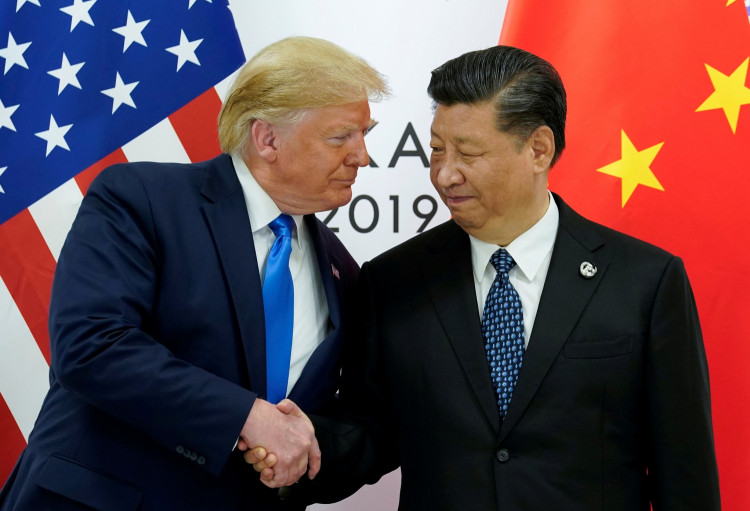China on Thursday accused the United States of "deliberately stirring up unnecessary misunderstanding and panic" over its new rare earth export controls, rejecting Washington's call to roll back the measures and dismissing Treasury Secretary Scott Bessent's personal attack on Beijing's chief negotiator. The remarks came amid renewed tension over global supply chains and just weeks before a planned meeting between President Donald Trump and Chinese President Xi Jinping in South Korea.
"The U.S.' interpretation seriously distorts and exaggerates China's (rare earths export control) measures," said He Yongqian, a spokesperson for China's Ministry of Commerce. "Provided the export licence applications are compliant and intended for civilian use, they will be approved." He added that Washington's rhetoric was "grossly distorted," directly responding to Bessent's criticism that the restrictions amounted to a "bazooka" aimed at "the industrial base of the entire free world."
Beijing's rebuttal followed a wave of alarm from U.S. officials who view the new rules-requiring foreign companies to obtain approval before exporting magnets or semiconductor materials containing Chinese rare earths-as an attempt to weaponize Beijing's dominance in a critical sector. U.S. Trade Representative Jamieson Greer called the curbs "a global supply-chain power grab" and said he expected China "not to implement them."
China, which supplies around 70% of the world's rare earth elements and controls 90% of processing capacity, insists the controls align with international norms. "Implementing such export controls is consistent with international practice," the official People's Daily said in one of seven infographics published Thursday. The newspaper noted that the United States itself maintains restrictions on more than 3,000 items-compared with China's 900-under its own export control regime.
Beijing's move follows the U.S. Commerce Department's expansion of its "Entity List" in late September, targeting Chinese firms accused of evading chipmaking export rules. Trump described China's response as "shocking," warning that the measures could lead to 100% tariffs on Chinese goods if not withdrawn before November 8. The rare earths dispute now threatens to upend a fragile trade truce and overshadow progress made since the two leaders' last phone call in September.
He Yongqian rejected Bessent's remarks describing Vice Minister Li Chenggang as "slightly unhinged" and "disrespectful," saying the comments "seriously distort the facts." China was "taking the initiative to negotiate and communicate with the United States," she said. Bessent, however, suggested that Li had "gone rogue" during an August visit to Washington, claiming the Chinese negotiator had threatened to "unleash chaos on the global system."
Behind the diplomatic sparring lies a broader contest for control over the minerals that underpin modern economies-from smartphones to missile systems and electric vehicles. "Rare earths sit at the heart of this contest," said Ryan Kiggins, a political science professor at the University of Central Oklahoma. "They underpin advanced weapons systems, EVs, and the energy transition-sectors that define 21st-century power."
Yet analysts warn that Beijing's restrictions could backfire. "Today's restrictions may push Washington and its allies to double down on reshoring, stockpiling, and recycling strategies that ultimately dilute China's leverage," said Kiggins. Jamie Underwood of consultancy SFA (Oxford) added that the measures "expose the fragility of Western production networks" but may ultimately spur innovation outside China's reach.
The rare earths standoff has already jolted markets. Shares of U.S. and Australian critical-minerals firms surged this week, while JPMorgan Chase announced new investments in "industries critical to national economic security," citing vulnerabilities in foreign supply chains. "Make no mistake, this is China versus the world," Bessent said Wednesday.






